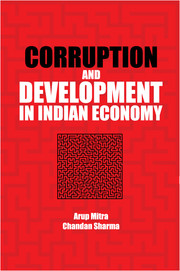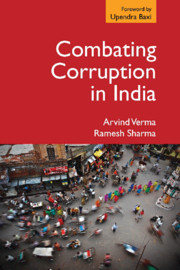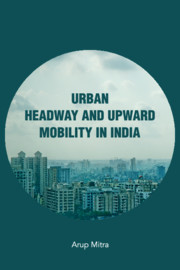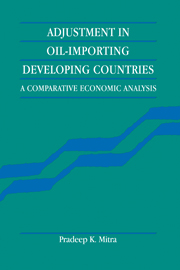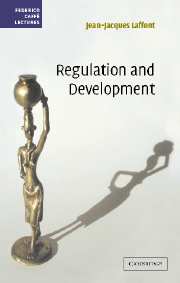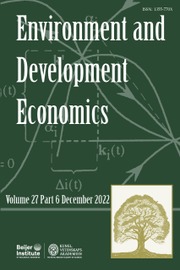Corruption and Development in Indian Economy
The book examines how corruption is viewed in theoretical and empirical literature and how various macro- and micro-level approaches have been followed to study the issue. It offers an inter-country comparison of corruption, indicating the role of governance in the context of growth. The volume attempts to work out the extent of understatement of personal income, resulting in the loss of government revenue from personal income tax. It also examines the impact of corruption on performance, and studies determinants of bribery in an attempt to understand why some firms pay bribes while others do not, despite being subject to the same macroeconomic environment, policy and regulations.
- Assesses the impact of corruption on performance, and looks at why some firms pay bribes wile others do not
- Studies unusual themes of corruption related to the labour market and the manipulation of funds by firms in the name of innovation
Product details
May 2017Hardback
9781107152670
168 pages
235 × 155 × 15 mm
0.39kg
Available
Table of Contents
- List of tables and figures
- Preface
- 1. Issues in corruption: theoretical and empirical
- 2. Corruption in India: a comparison with the rest of the world
- 3. Estimation of personal income tax evasion in India: evidence from household survey
- 4. Effects of corruption on firms' performance: evidence from firm level data
- 5. Determinants of bribery in Indian firms: who must pay bribes?
- 6. Labour market flexibility and corruption: issues related to labour contractualization and business subcontracting
- 7. Corruption in innovation: effect of innovation on performance
- References
- Index.

